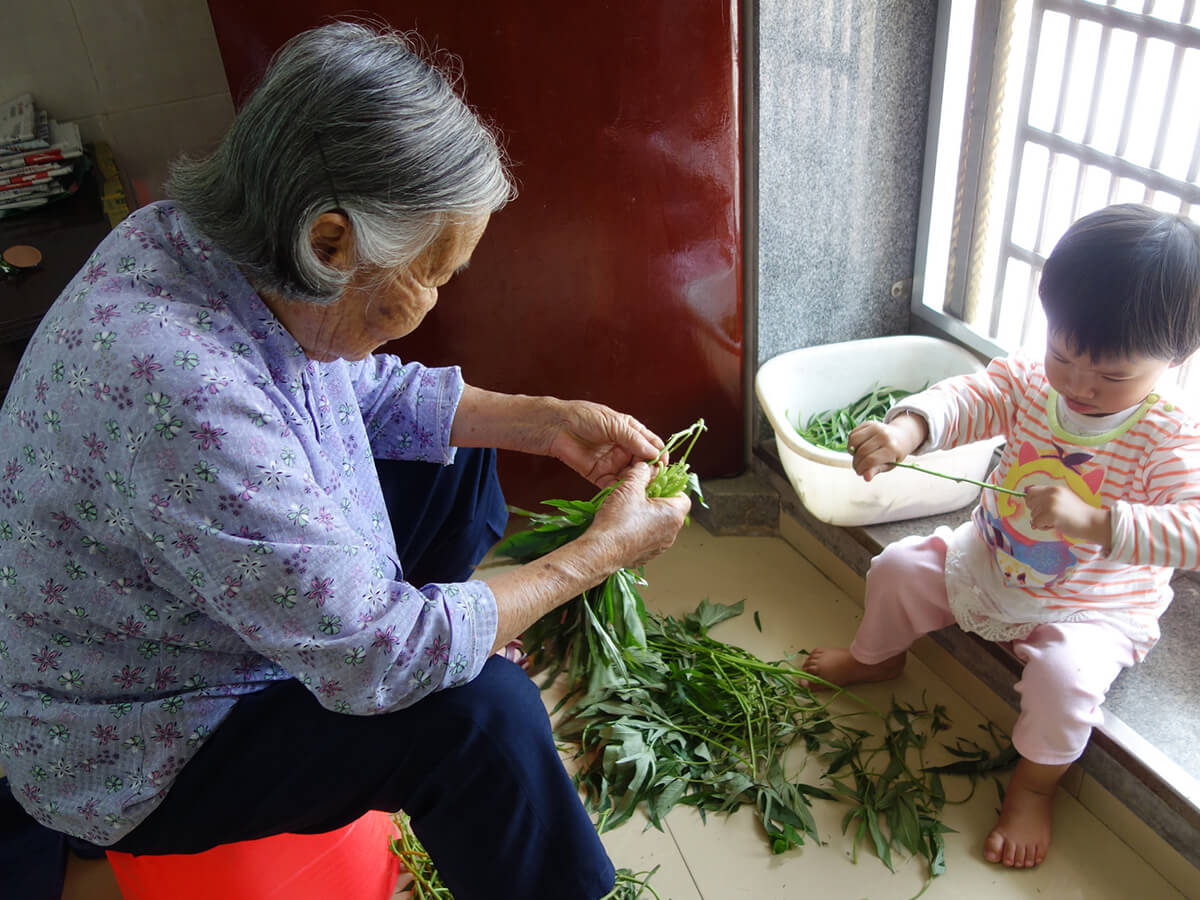A Power Struggle
A Chinese proverb says, “A journey of a thousand miles begins with a single step.” One such journey began nearly twenty-five years ago. At that time my husband and I made a decision that the family would relocate to a new home. We invited Grandma (my husband’s mother) to move in with the six of us. We thought we would live happily ever after under one roof!
Twenty four years later, I see Grandma as a very lonely, bitter, old woman who wishes she had the nerve to cease taking her medications. She feels tolerated, and she dislikes being a burden. She finds no joy in living. She has alienated most of those whose paths she has crossed. Even though she needs to be touched, she erects barriers that make her untouchable. Health problems and failing eyesight have taken away her three loves: television, reading, and crossword puzzles.
I questions, What is this journey all about? What good has come from it all? All I see is conflict, broken relationships, frustration, and the anger-guilt-anger pattern. Now I realize that perhaps one of the underlying issues is and has been “power.” Both she and I continue to struggle to be “queen” of the kingdom, maintaining the power and control.
Evidences of these struggles are many. With little regard for the art of sorting, Grandma decided the laundry would be her daily ritual. Years rolled by. I hid dirty clothes and fumed because I prefer to take care of the laundry. Finally, I stated my preference, and found it necessary to restate and restate it. She was very hurt and angry. “I hope you don’t mind me using the machine for my laundry,” she said bitterly.
From past experience I know Grandma lacks patience and has little or no expertise when it comes to using a paintbrush, so, when we decided to redecorate, I hid the paint and brushes. She found them and said to one of the kids, “I know your mother doesn’t want me to paint, but I am going to do it anyway!” I was furious and cried as I viewed the wavy door.
When a doctor suggested to my mother-in-law that she discuss these conflicts with her family, she didn’t miss a beat as she informed him, “I make my own decisions. I don’t need to talk this over with anyone!”
Recently, I’ve been anxious about Grandma’s ability to see and properly take her medications. So I inquired if perhaps I should take over the sorting and distribution. “No!” she snapped. “I have it all figured out.” And she does. She has learned the shapes of the pills, and if there are two with similar shapes she identifies the bottle with a rubber band.
Only now am I beginning to realize how important it is for the aged to have some control over their lives. As older people are able to manage fewer of the tasks of daily living and must depend on others to perform them, whatever they can still do by themselves assumes enormous significance. Polishing the brass candlesticks and peeling and coring apples to make a big pot of applesauce are precious symbols of control and independence. So what if these activities take a hour longer.
As I view the crooked path this journey has taken I find myself saying, If I had to do it all over again, I would…
- Increase my knowledge (through reading books and talking with professionals) about the needs of the elderly and how to take care of myself as well as the elderly parent.
- Explore alternative living arrangements.
- Talk more with Grandma.
- Try not to always protect my husband (her son) from knowing what I was feeling.
- Confront as the occasions arise rather than store up resentments.
- Set some ground rules.
- Be more aware of Grandma’s need to be productive.
- Realize that I am not her savior and that being a peacemaker does not solve all problems.
- Lovingly question the choices she is making.
- Encourage a greater expansion of her world.
- Look for reasons to say “thank you” and affirm her.
- Touch her more often.
- Realize that I cannot change her, I can only change myself (I can be more faithful and less independent). -May
Caring for a loved one in a nursing home
Ruby Wolfe’s nursing home story: Nursing Home
For additional caregiving advice, visit the Caregiving Basics section of this site.
The above advice is from The Compassionate Congregation, pages 25-31.
Photo credit: Yun Huang Yong









0 Comments